Kabaddi Kabaddi Kabaddi (21st Birthday Festival)
Co-production with Pursued by a Bear
by Satinder Chohan
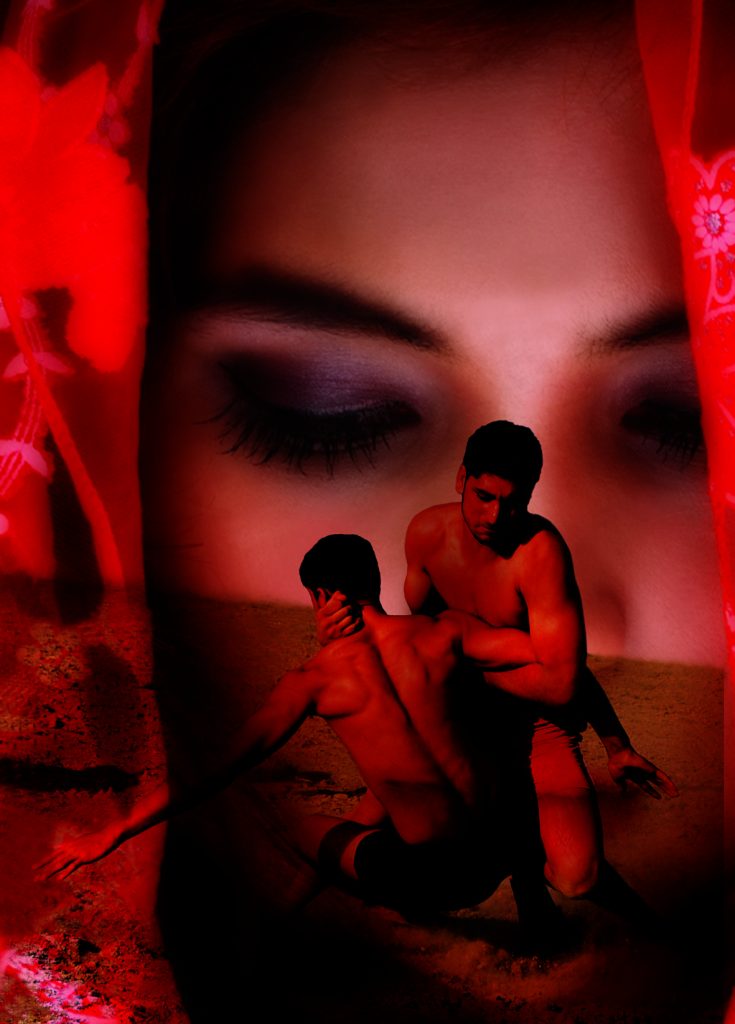
December 2012
UK Tour
A powerful new drama about sport, nationality and belonging, with a haunting love story at its heart. From the red dust of Punjab to the Olympic stadiums of Europe this intense new drama explores the Indian sport of Kabaddi and its place on the world stage. Against a backdrop of Indian revolutionary fervour, two players compete for a place in the team for the 1936 Berlin Olympics and for the love of Azadeh, a freedom fighter and outcast with a troubled past. Structured like the two halves of a Kabaddi game, this production recreates the raw physicality of combat in a compelling story of the struggle to win.
★★★★ “Helena Bell’s production magnificently manages the blend of sport and war, raiders and defenders fighting it out over a chapati-flour frontier in the Akhara, as the ghosts swirl up in dreams of red dust…The three actors give impressive, compelling performances in this small, warm space.”
– What’s on Stage
★★★★
-The Public Reviews
“An evocative, compelling piece of theatre…”
– The Birmingham Post
“Chohan captures cleverly the ironies and complexities of British Asian identity with wit and depth…”
– PULSE Magazine
“I found this a bold and compelling piece of work… one of the best small-scale touring pieces of writing I have seen this year… If we were in the game of giving stars, this would be a 4. As an example of Asian derived work that spoke to a modern mixed audience I think it was a huge success. I think it to be encouraged in these austere times that such 3 way partnerships can emerge to bring Colchester Mercury/Kali and PBAB together.“
– Jack Bradley (formerly Literary Manager of the National Theatre) Arts Council, England’s Artistic Assessor
Writer Satinder Chohan

Satinder Chohan is a journalist and documentary researcher/assistant producer turned playwright from Southall, West London.
About the writer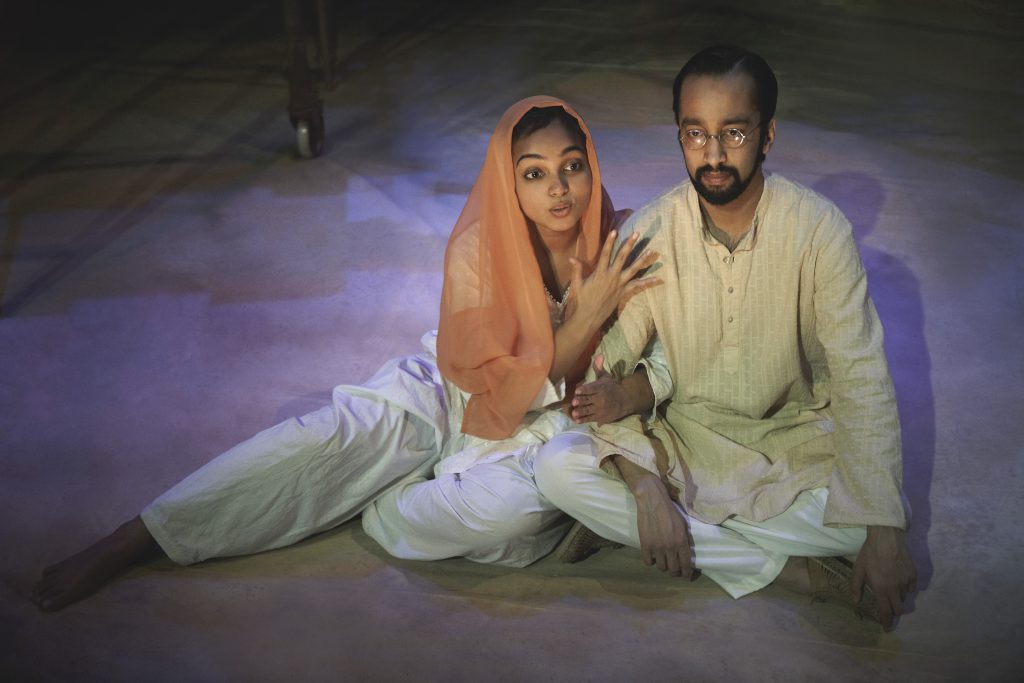
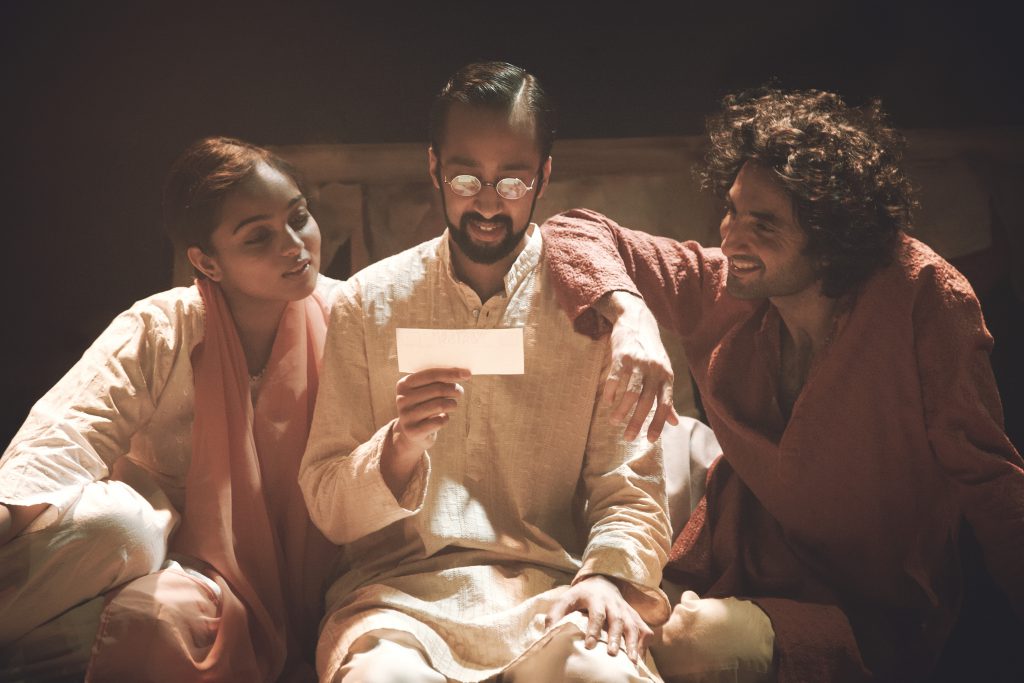
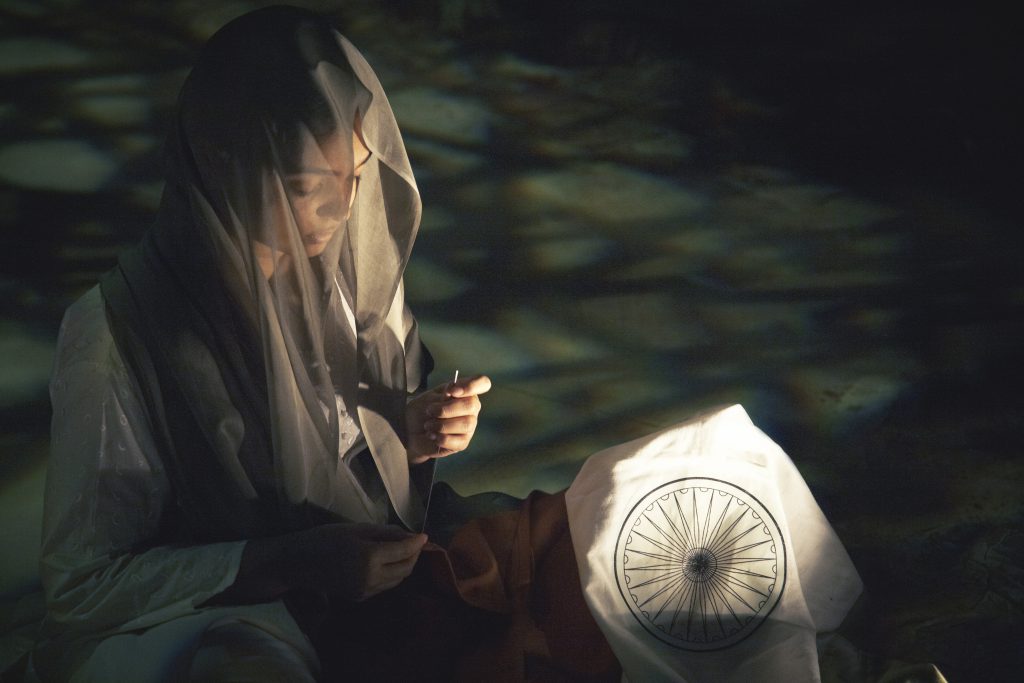
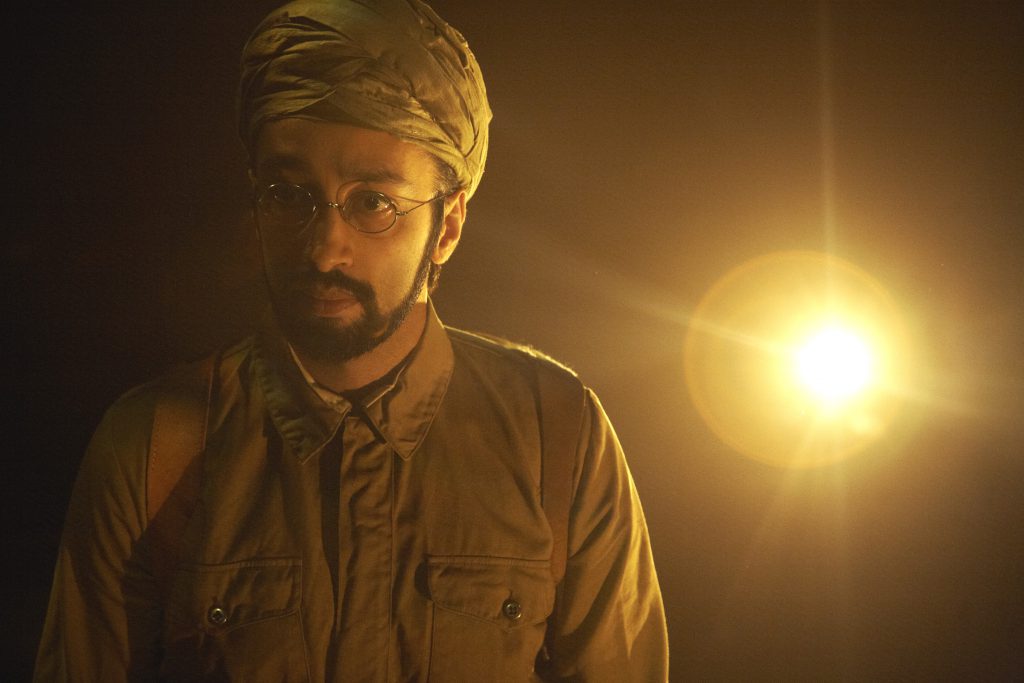
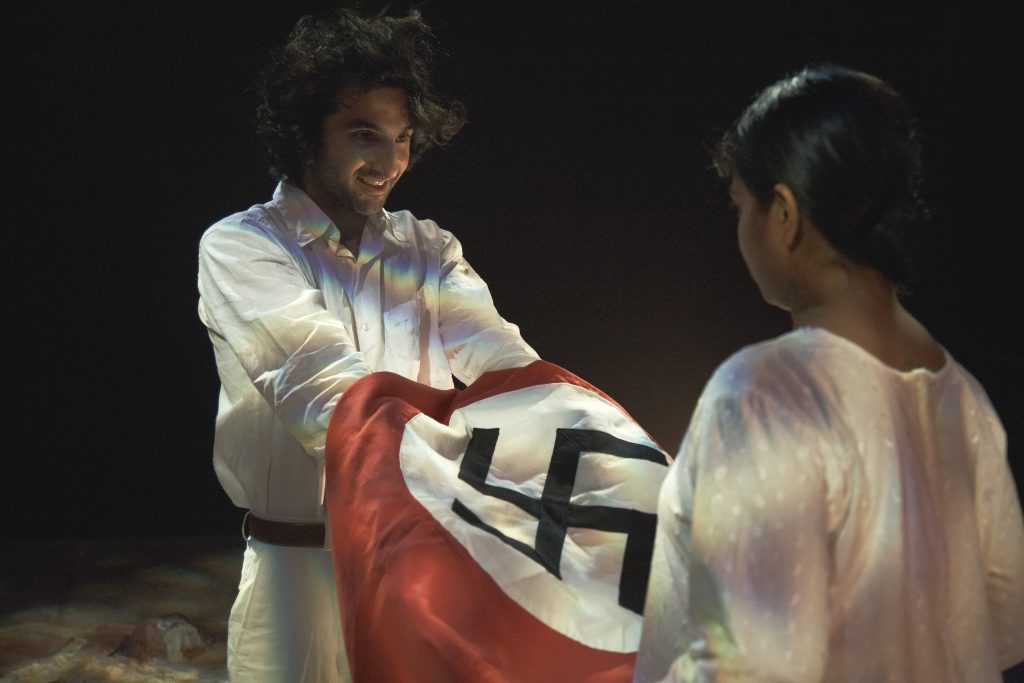
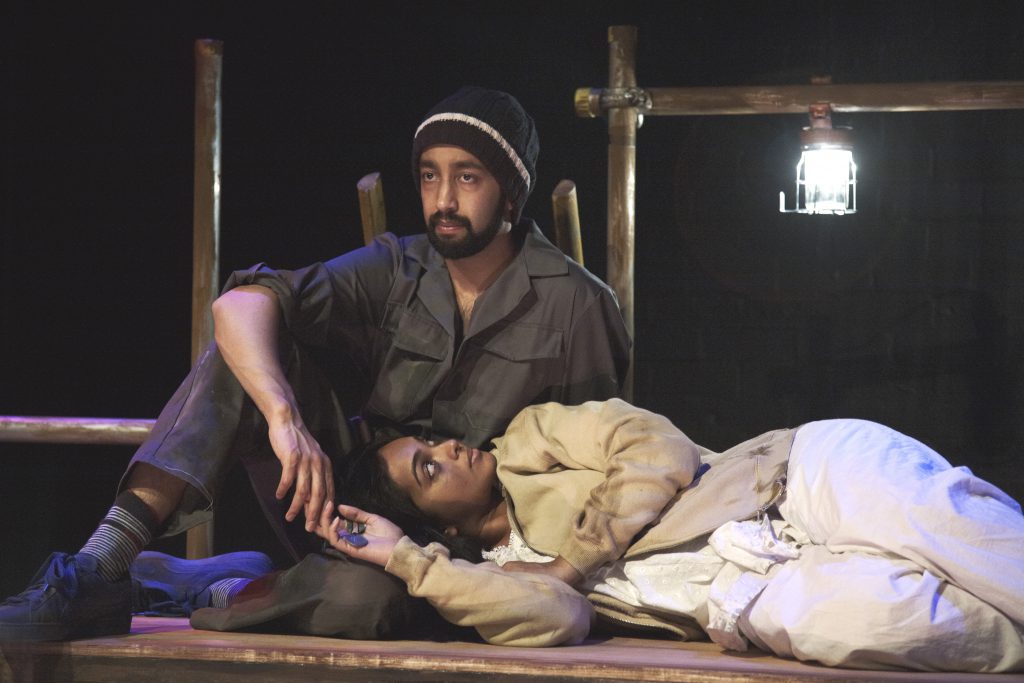
November 8 – 10 7.45pm
COLCHESTER
Mercury Theatre
01206 573948
November 17 7.30pm
HALESWORTH
The Cut
0845 6732123
November 19 7.30pm
WOLVERHAMPTON
Arena Theatre
01902 321321
November 21 7.45pm
WEST BROMWICH
The Public
0121 533 7161
November 27 8.00pm
BIRMINGHAM
Midlands Arts Centre
0121 446 3232
November 30 – December 1 7.30pm
CAMBRIDGE
Mumford Theatre
Anglia Ruskin University
0845 196 2320
www.anglia.ac.uk/mumfordtheatre
December 4-8 8pm
LONDON
Arcola Theatre
020 7503 1646
